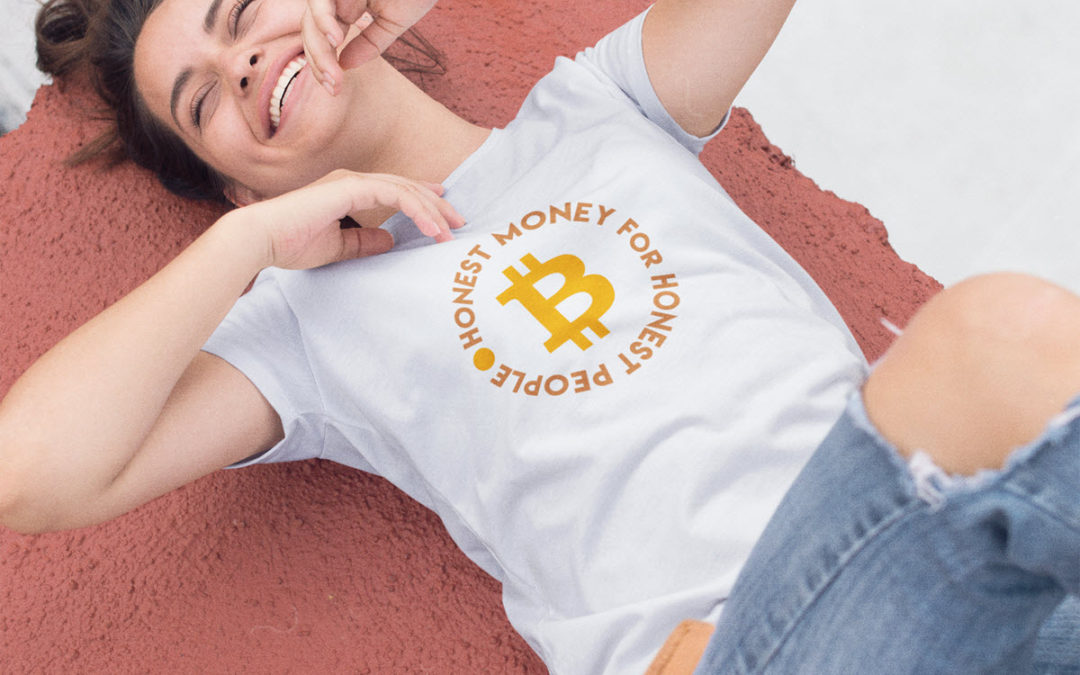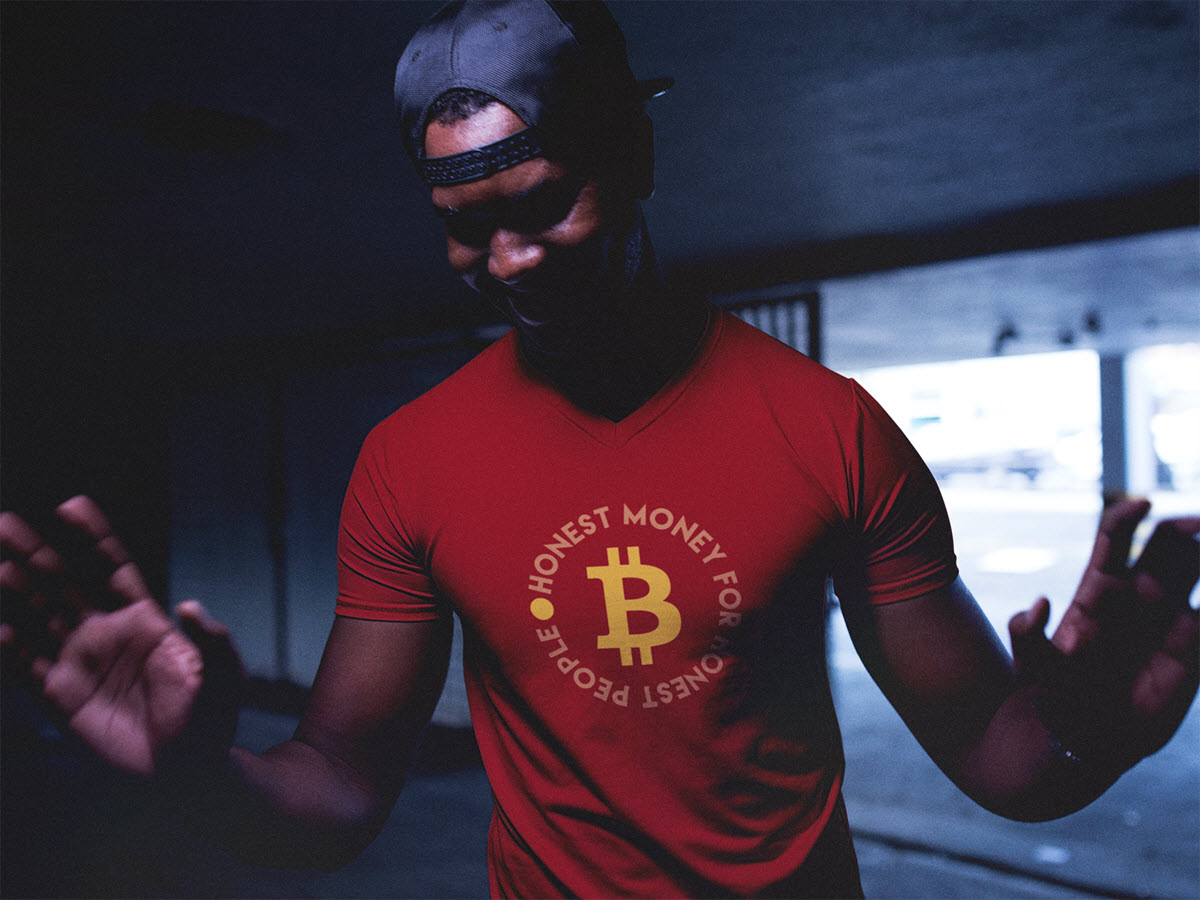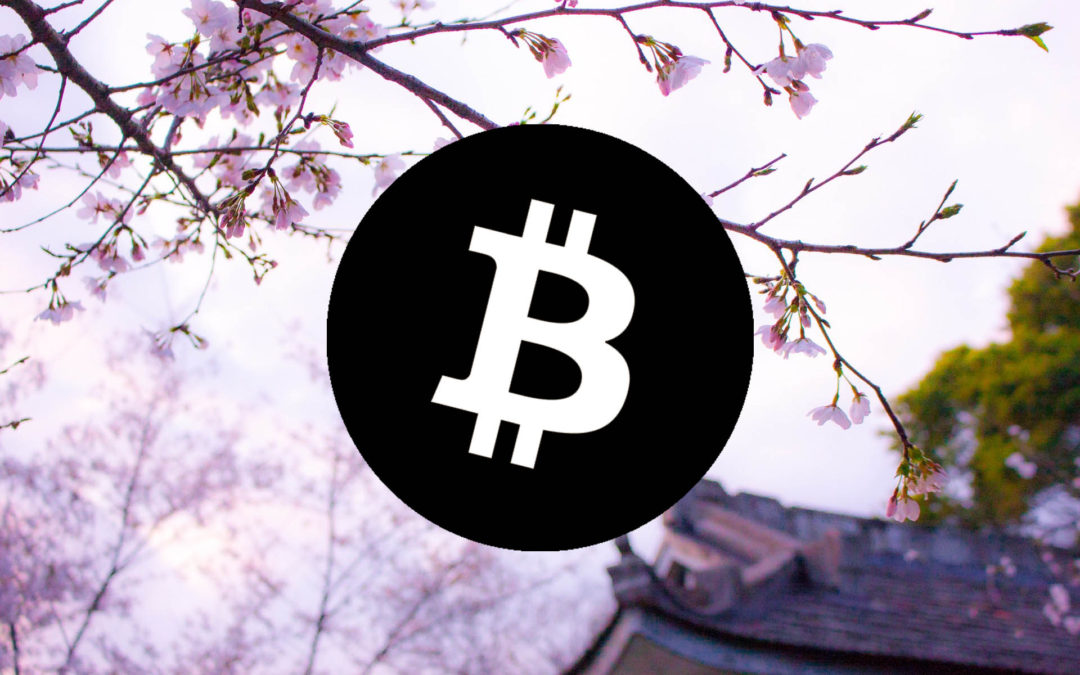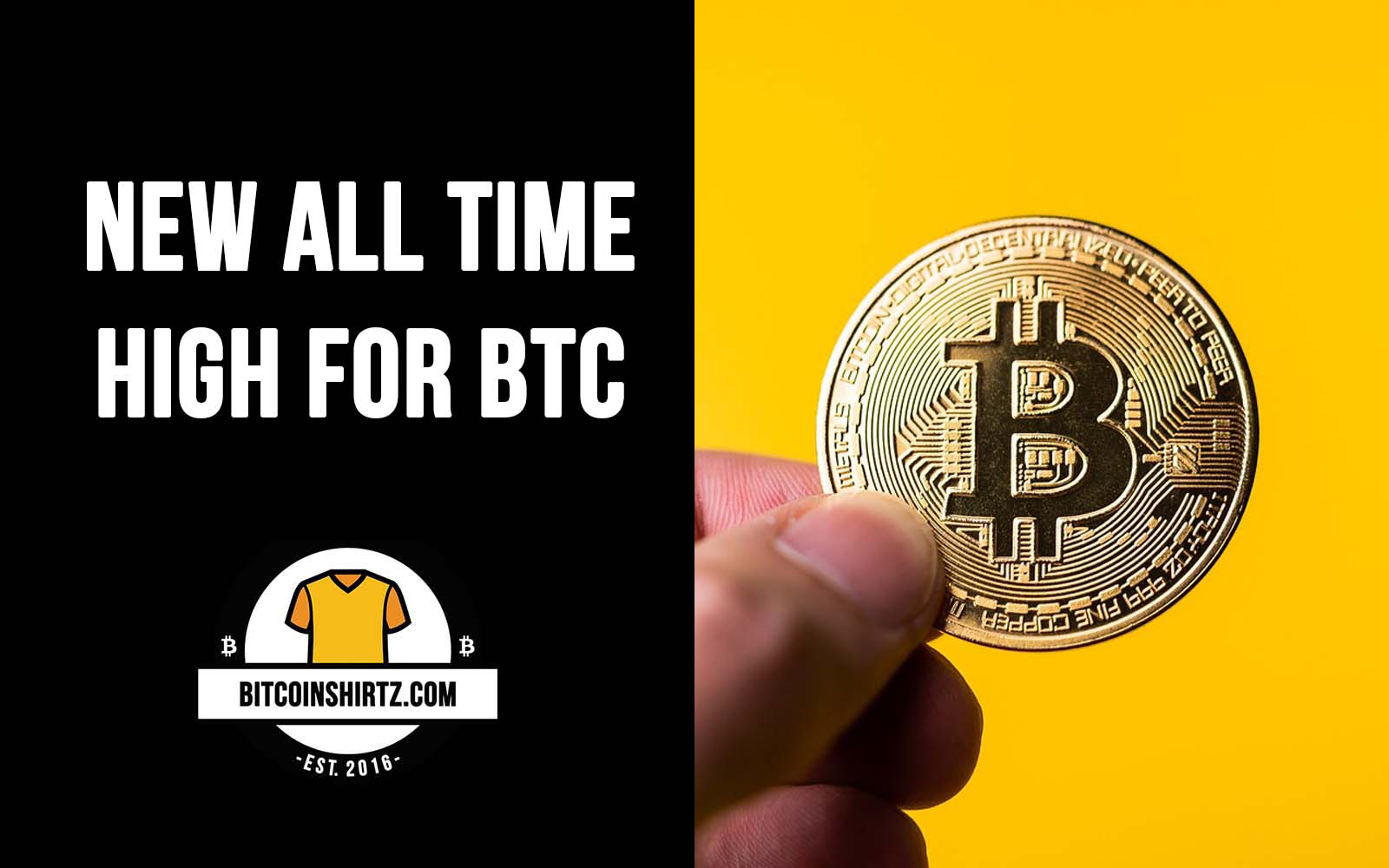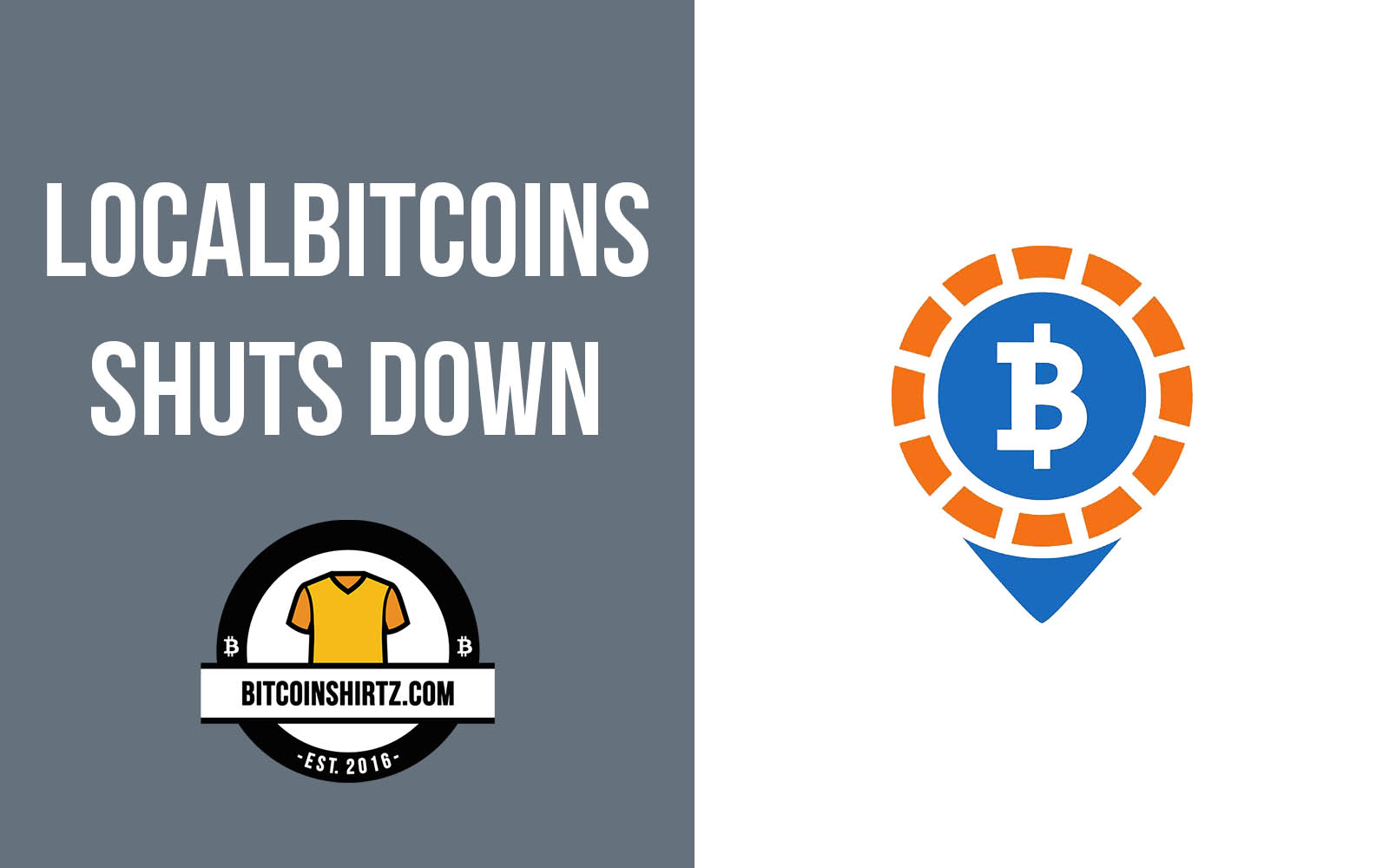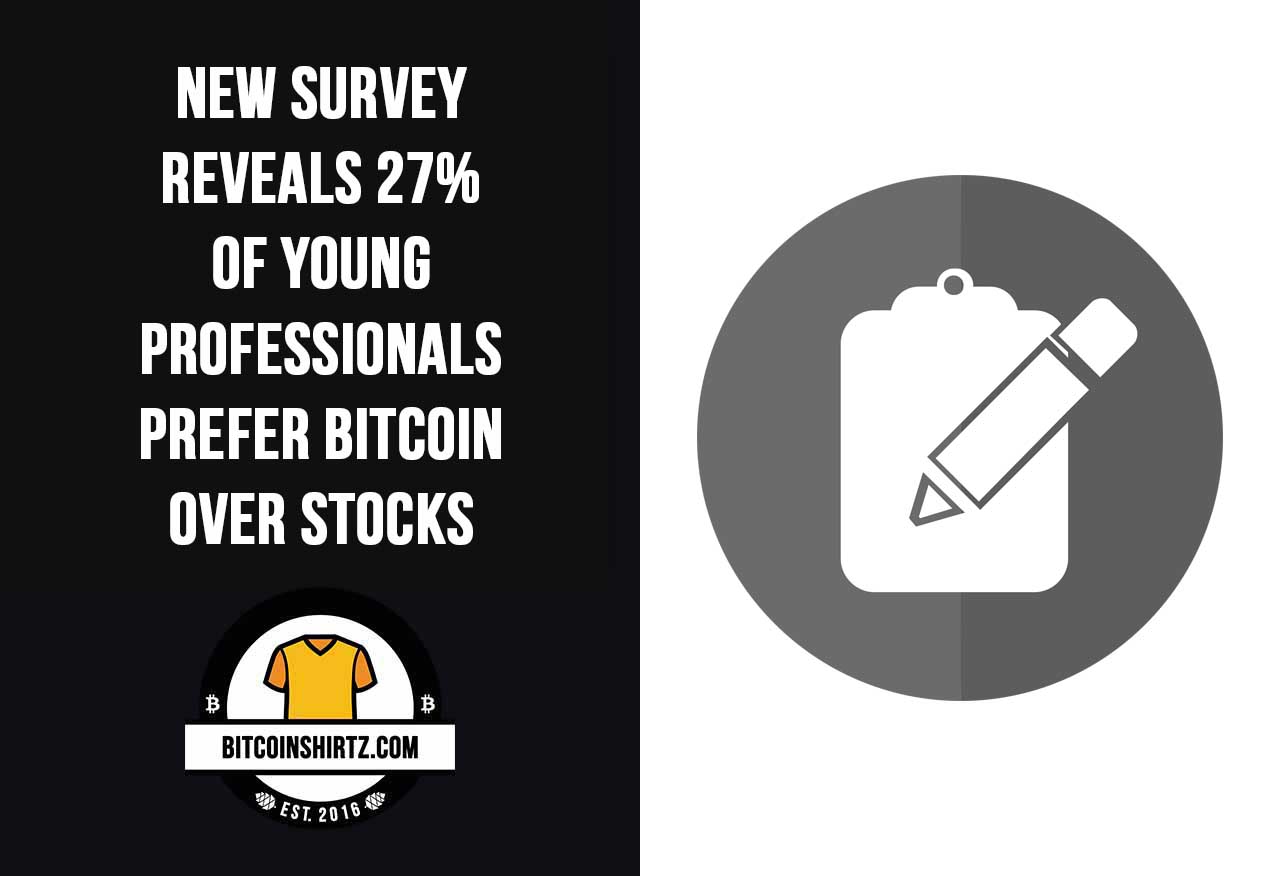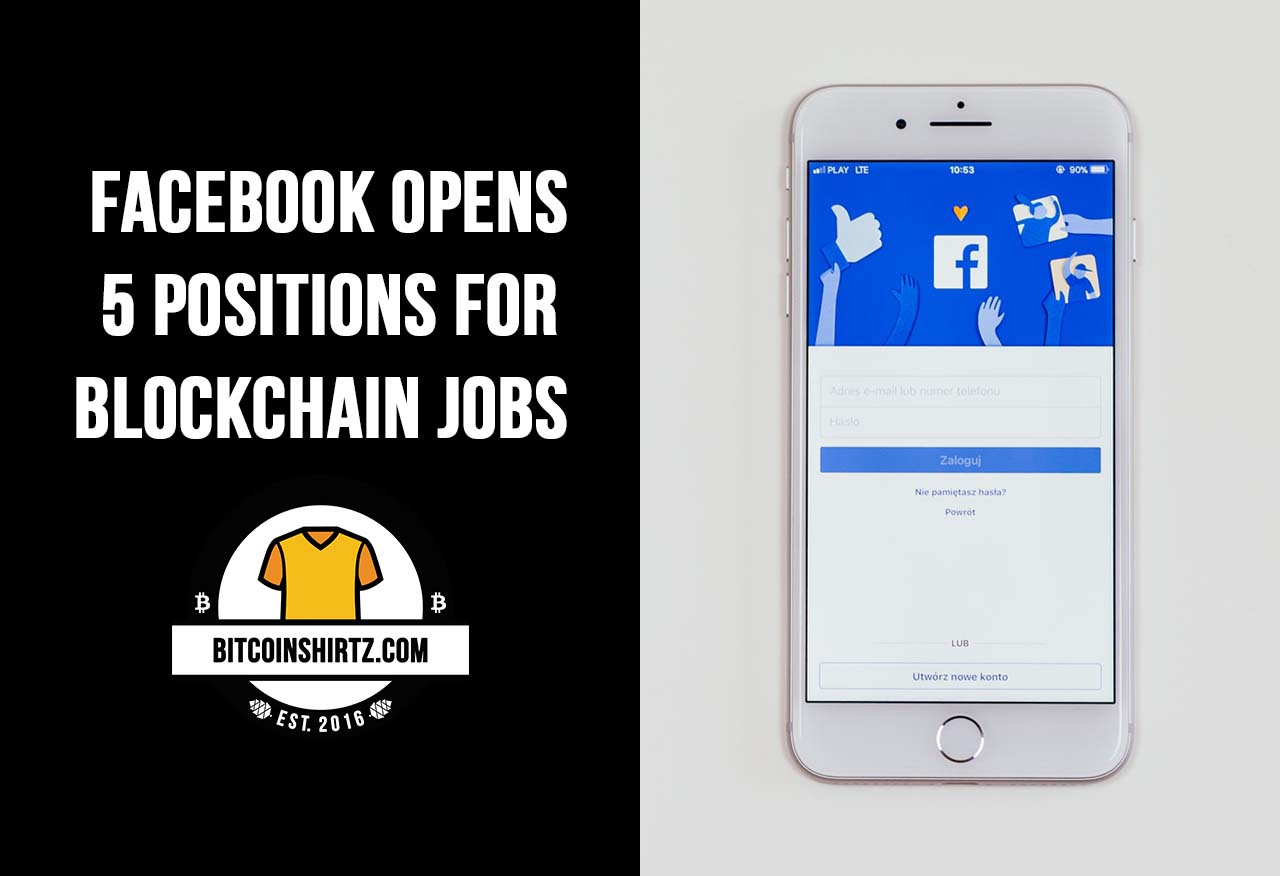As of April 2017, Bitcoin is now recognized as an official currency in Japan. The change is due to a new law which categorizes the cryptocurrency as a legal payment option.
The Good Part
New money will be flowing into the global cryptocurrency ecosystem. In this regard the recognition of Bitcoin as money is a good thing. As adoption increases, demand for Bitcoin will drive the price up. Early adopters of bitcoin will see great returns on their investment.

From newsbtc.com:
“The new developments are expected to drive the cryptocurrency usage in Japan to over $9 billion in the next three years (2020), which is more than five times the 2015’s $1.7 billion worth of cryptocurrencies in circulation.”
The Bad Part

Because Bitcoin is now recognized as legal tender in Japan, the government will step in and begin to try and regulate the currency and businesses that operate with Bitcoin.
The new law has big implications for cryptocurrency exchanges, as they will come under heavy regulatory scrutiny.
Businesses that use Bitcoin will have to deal with strict anti-money laundering requirements in addition to know your customer stipulations and annual audits.
THIS IS NOT GOOD.
Bitcoin is a decentralized currency with no central authority. The digital currency is a means to escape the regulatory harassment of governments, that only slow innovation and kill productivity.
Bitcoin Is For Free People
Bitcoin is a currency for free people. Free people know and realize that governments are simply large cartels with no real authority. They magically make new laws, that benefit themselves at the cost of their citizens.
Governments will always try to take a cut of your profit, even when you do not consent. Digital currencies built with blockchain technology prevent this.
But Blockchains provide transparency, right?
Yes blockchains are transparent and allow anyone to see the transactions. Governments may track and record Bitcoin transactions all day long, but they can’t steal your account like they can with a traditional bank account that holds fiat currency.
With Bitcoin you are in control. If you do not wish to send someone money, you don’t have to. You hold the private keys.
It will be interesting to see what governments do when they learn this. They still don’t understand blockchain technology, and will likely never fully comprehend the tech as they will always be looking for a way to control the entire currency system.
And with Bitcoin, it is almost impossible, as it is decentralized or distributed. The only way would be to take over the mining network with at least 51% of the total hashrate. At that point the attacking entity could control the public ledger. In reality, they could only deny new transactions and reverse new transactions. The blockchain history is still immutable. The majority controller in this situation would still not be able to reverse transactions from years ago, steal coins from wallets, or creat new bitcoins.
